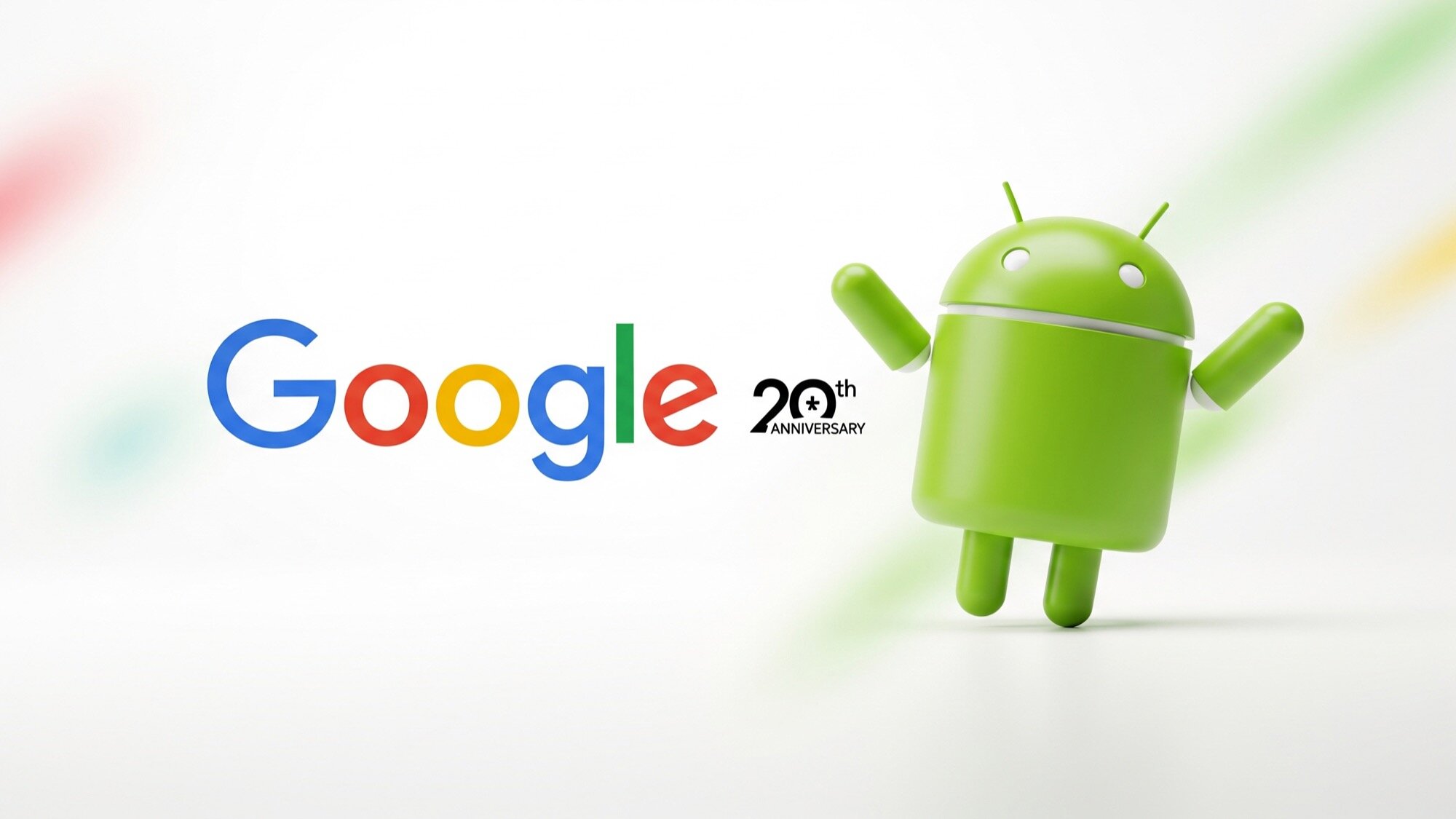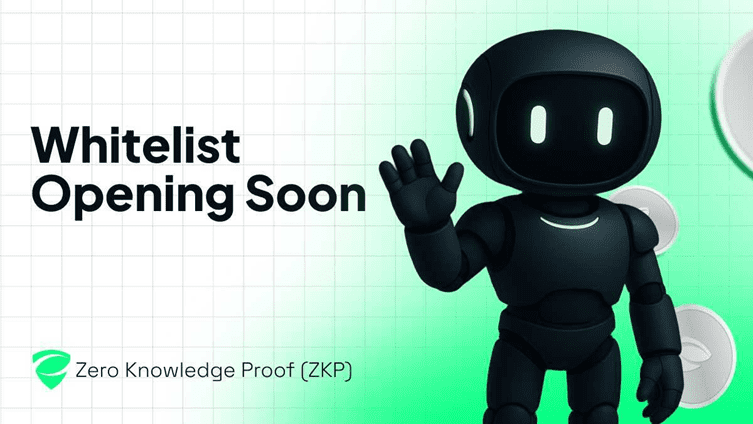It’s been 20 years to the day since Google made what you might consider its “best deal ever” by acquiring a small, unknown startup called Android, Inc. The founders, Andy Rubin and Chris White, had first set out to build an operating system for digital cameras, but when they failed to attract investors in 2004, they pivoted to creating a mobile operating system, and went pitching their new project looking for investor support. Google’s Larry Page saw the signs of a bigger project, and instead of investing in Android, Google struck a $50 million deal to buy it on July 11, 2005.
On paper, the deal seemed so minor. Comparatively, Google bought Motorola for $12.5 billion (billion not million), Nest for $3.2 billion, and YouTube for $1.65 billion. $0.05 billion for Android is a drop in that ocean. But it was a defensive masterstroke by Google. The company recognized that the computing market was moving to mobile and if it didn’t control a mobile operating system, a competitor could use their platform to de-prioritize Google’s search and ad business. That’s where the money has always been for Google, so losing that wasn’t in the cards.
But you could argue that Android took a dimension of its own after that acquisition. With Google’s resources, the small startup team grew and had time to develop a powerful operating system based on the Linux kernel — an essential step in the journey towards an open-source model, which was crucial in getting other companies on board.
It took two more years for Google to unveil the Open Handset Alliance and its collaboration with HTC, Samsung, Motorola, T-Mobile, and Qualcomm, among others, showing a unified front against closed ecosystems from the likes of Apple and Blackberry.
In 2008, the first Android phone was announced as the HTC Dream / T-Mobile G1, and the rest, as they say, is history. Android quickly took over Symbian and Blackberry OS — the two biggest smartphone operating systems at the time — and established a duopoly with Apple’s iOS. It became ubiquitous, a household name that even your grandma probably knows. And for Google, Android became a bit of a Trojan horse: lure everyone in with the “free” operating system, but require that Google’s apps, search engine, app store, and browser be installed by default.
Is Android better off in 2025 having been bought by Google, or did it have a better future as an independent platform?
But the question I asked myself when I noticed this 20-year anniversary is whether Android is better or worse because of Google? I’m not talking about whether Android v0.0-something Alpha circa 2005 is better than Android 16; the answer to that is that 20 years of development have obviously made Android better. But is Android better off in 2025, having been bought by Google, or did it have a better future if it had stayed independent?
The exercise isn’t easy, but there are two possible outcomes we’d be looking at today:
- Android could’ve easily faded into obscurity. Without Google’s massive partner deals, the small Android, Inc. startup would’ve struggled to rally together major players like Samsung, HTC, Motorola, Qualcomm, or T-Mobile — all of which were crucial in getting Android to where it is today. And without Google’s cash infusion and development resources, Android might’ve died as a non-touch operating system. It’s the iPhone’s announcement in 2007 that forced Andy Rubin and his team to rethink Android with a touch UI, and without Google’s money, this re-development might’ve never happened.
- (Most importantly, though, wouldn’t be a site you’re reading today or a community you’re participating in. I’d still be a full-time pharmacist, probably, and my 19-year tech journalism career would’ve died with Symbian. Ha!)
- Another company might’ve bought Android instead of Google. Microsoft could’ve used Android to strengthen its Windows Mobile platform and shelved the rest of it with the Vista archives. Samsung could’ve bought it and made it a proprietary operating system, much like Apple’s iOS. Or maybe a carrier like T-Mobile or an “internet company” like Yahoo! might’ve bought Android to strengthen its data collection ecosystem and ad business. Yikes. Say goodbye to the Android Open Source Project, custom ROMs, and probably even Galaxy phones and Pixels.
Either way, we’d be looking at a more fragmented mobile landscape, more platforms, much less openness (even if Android has stepped further and further away from its originally super open nature), and maybe a weakened Google that couldn’t survive the switch from desktop to mobile computing.
The scenario where Android survives and flourishes without Google is a one in a million case. Would you play those odds?
There is a scenario where Android manages to flourish as a fully independent mobile operating system. It adopts an open-source model, gets all the important partners, and stands tall against Apple without bowing to Google’s whims. But that scenario, as Doctor Strange famously said, is the “one” among “14,000,605.” It would’ve been the ideal situation for us, users (and I’d still have a job in this industry!), but I don’t want to play those ridiculous odds. I think we ended up with the best possible outcome with Google buying Android, even if some aspects and ramifications of that reality are not ideal.
What do you think, though? This is an open thread. Let us know whether you think Android is better off with Google or if it would’ve survived without it. Would you have liked another company to buy it? Would you have preferred it stay independent? The comment section is yours to sound off in.









